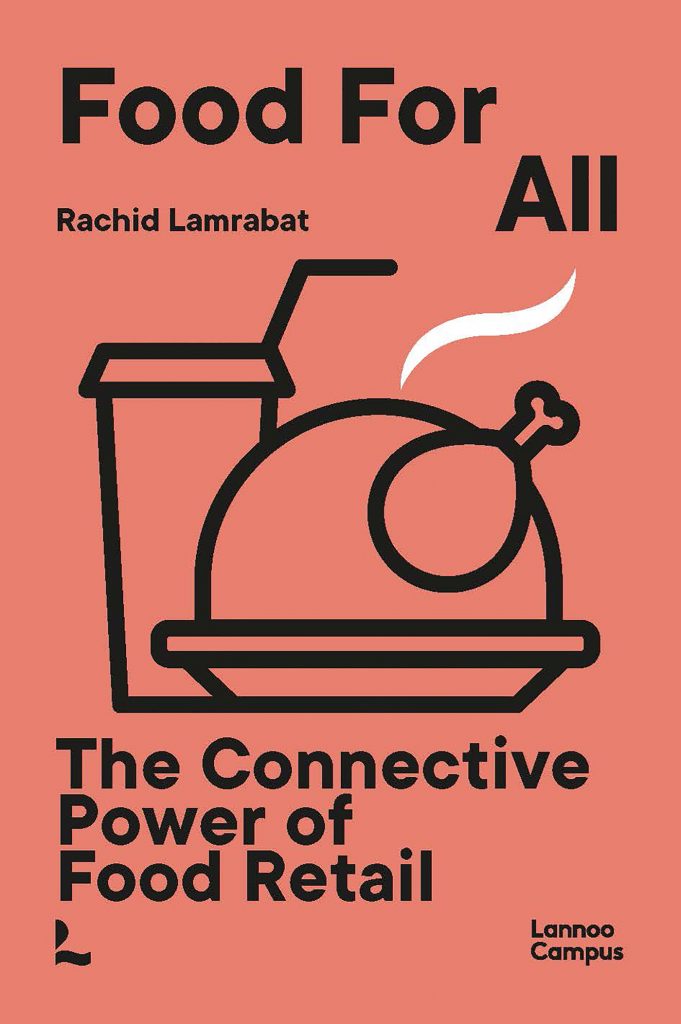By
Mukhtar A. Khan, IOL Correspondent
WASHINGTON — For Shahryar Khan, a devout
Muslim, having a halal meal on his Stanford University California
campus has never been a problem.
“Muslim food is very much available on several places of the Campus,” Khan, a computer research student, told IslamOnline.net.
Sitting on his dinning table with a plate
of roasted halal meat, Khan says that the variety of halal food on
campus is quite good and the price per meal, around 10 dollars, is
affordable for many students.
“The only problem we have is that it is
not readily available. Halal food can be made available only on-demand.
But this is not a big issue.
“This may be because of the relatively small number of Muslim students,” explains Khan, 27.
For Muhammad Baqir, a student of Harvard
University of Massachusetts, the large number of Muslim students has
stimulated the presence of halal meals on campus.
“Support from the rich Arab countries has
multiplied the pace of getting rich varieties of halal food on cheaper
prices in the common halls of their campus.”
Not only halal, Baqir says that one can
find almost every type of eastern dishes like lamb kabab, chicken
baryani and falafel sandwiches in the campus stalls.
Ebad Rahman, another student from
Massachusetts University, is proud of the variety of halal food on his
campus, although the university started offering it just last year.
“Now we have a good variety and great tastes from around the world,” he says.
“Anybody on weekdays can get it readily available. Only on weekends, the halal food is prepared on-demands.”
Before having halal food available on campus, Muslim students had to travel as far neighboring Springfield.
Muslims should only eat meat from
livestock slaughtered by a sharp knife from their necks, and the name
of Allah, the Arabic word for God, must be mentioned.
Not Always
However, on other US campuses, halal food is not that easy to get.
“Despite a fast-growing number of Muslim
students on the Yale campus, the arrangements for halal food are not
that much satisfactory,” Imtiaz Ali told IOL.
Ali, 30, moved to Yale’s New Haven Campus,
Connecticut, six months ago along with his wife and three kids after
winning the prestigious World Fellowship of the University.
Upon arrival, he was surprised that finding halal food for his family was a challenge.
“I didn’t find any halal grocery or meat store on the campus. I had no car and we were frustrated.”
For a whole month, getting food for his family was Ali’s daily struggle.
He finally had to buy a car to be able to shop for halal food from nearby towns.
On other campuses, halal food remains a rarity, though many Muslim students have learnt to cope.
“The only varieties we have are in vegetarian food,” notes Ahmad, 25, a student of the Georgia Tech University, Atlanta.
Though the university has around 220 Muslims students, the is not a single stall selling halal food.
“But it is not a problem so far, as we have a few Muslim restaurants around the campus,” says Ahmad.
Hizbullah Kazim, a Fulbright Fellow for
Masters in Public Health in George Washington University, Washington,
identifies with Ahmad’s pains.
“Usually we eat pizza or fish burgers in
the campus. Some students bring along their halal food from home or
pre-cooked in hostels,” he told IOL.
“There are scores of halal grocery stores
with halal meat and Muslim restaurants are in abundance around the
campus,” notes Kazim.
“In Washington DC, Virginia and Maryland, the issue of halal food is never a big one.”



